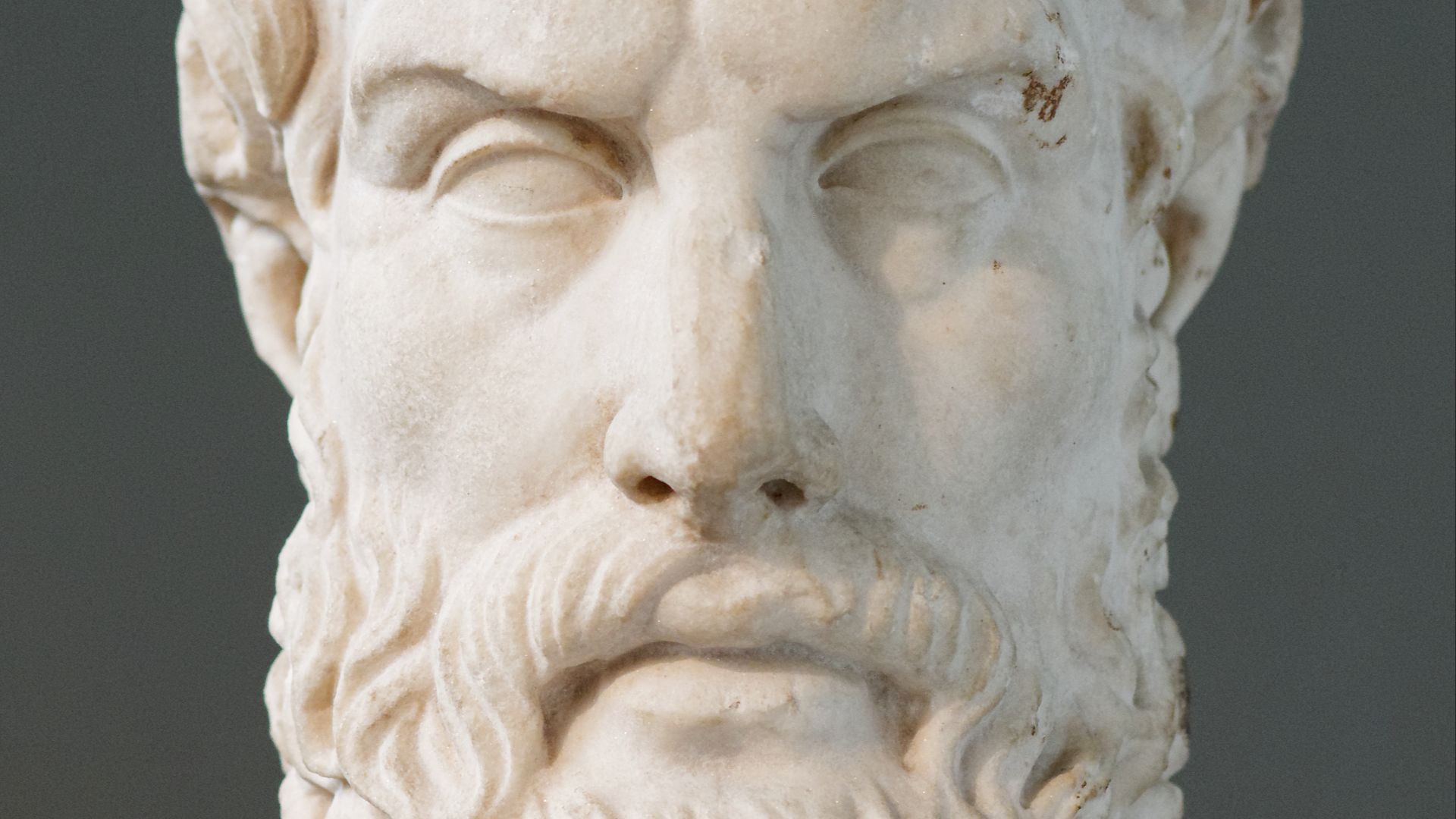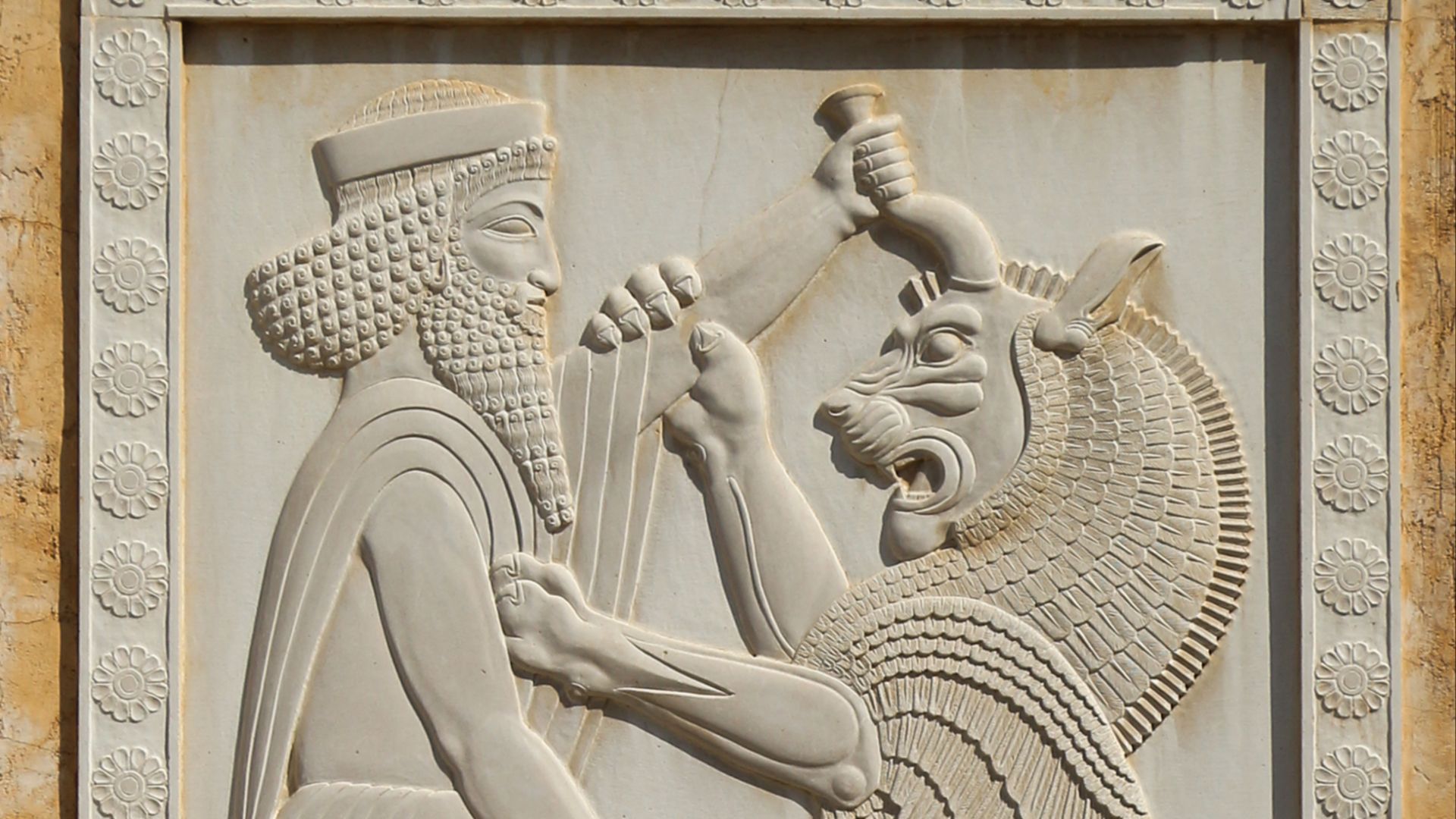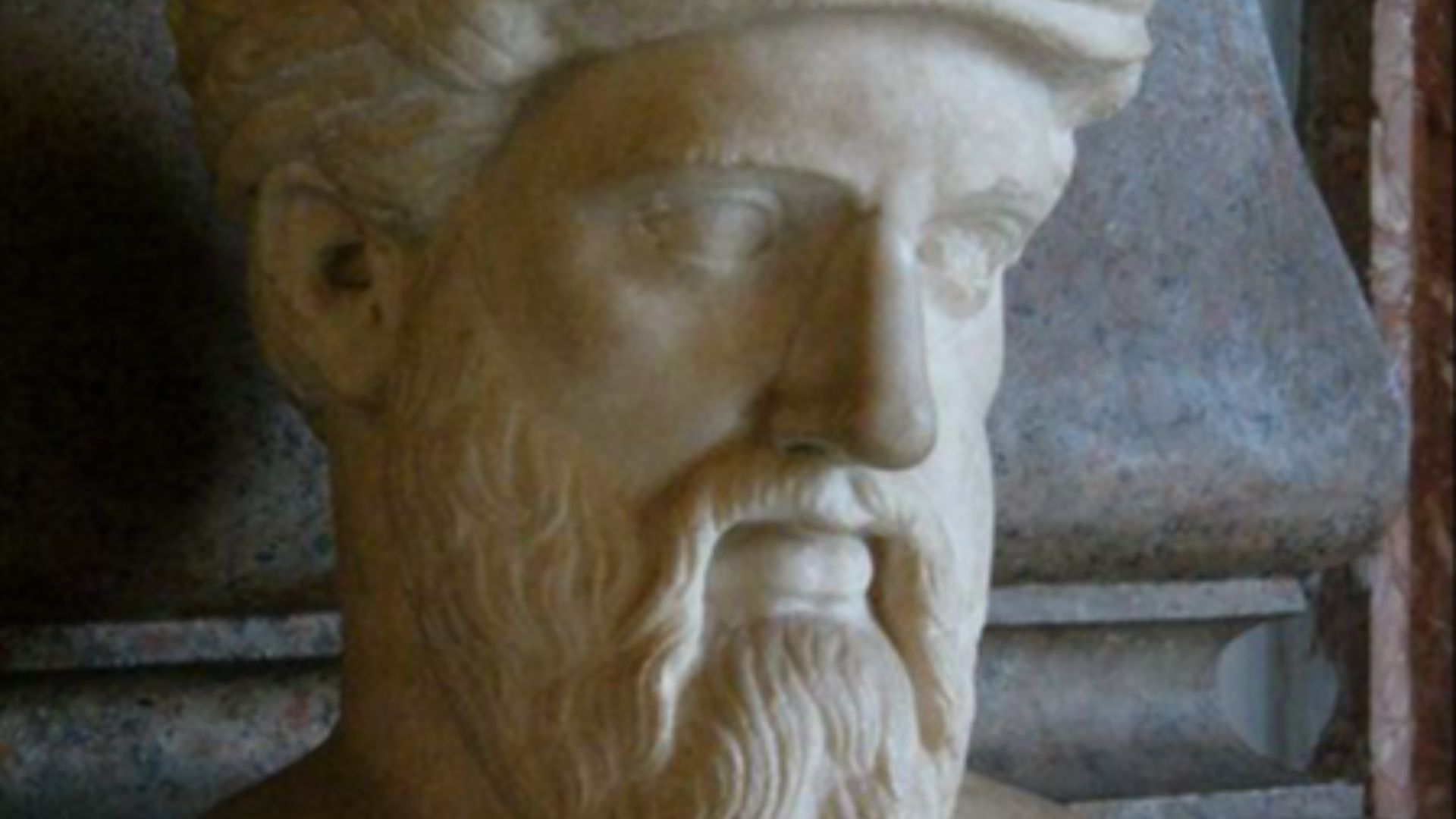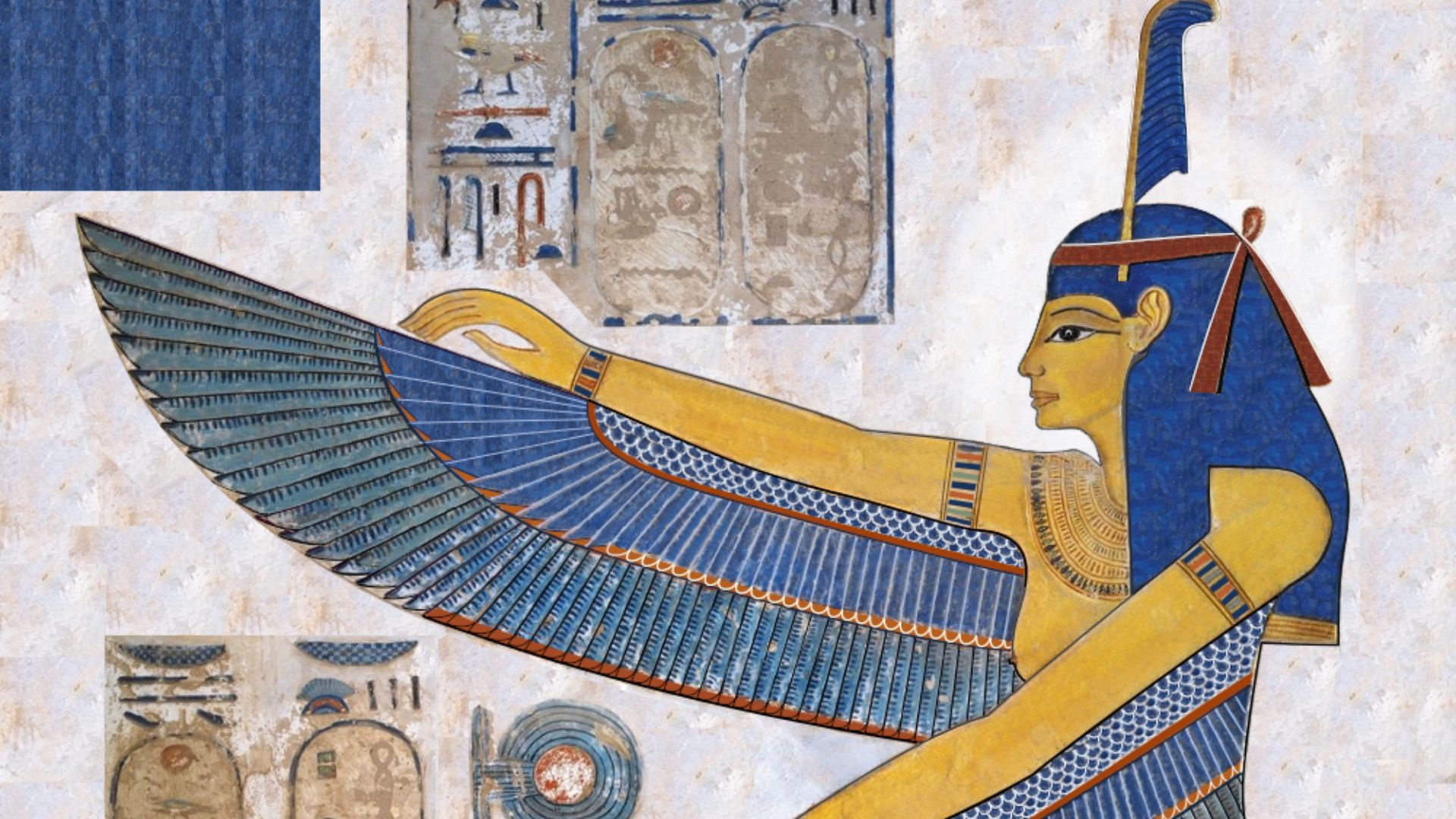20 Ancient Philosophies You Can Borrow From To Teach Your Kids Values
Ancient Philosophers Were Onto Something
With so much content in the media waiting to corrupt our children, it can be scary raising kids. Luckily, there are plenty of ancient philosophies we can borrow from to ensure they stay resilient and have a good head on their shoulders before we unleash them into the world. From the calm balance of Taoism to the simple joys of Epicureanism, here are 20 ancient philosophies you can borrow from to help your kids grow into well-rounded, happy, and compassionate humans.
1. Stoicism
Stoicism is grounded on the idea that you can't control what happens, but you can control your reactions. This helps teach children emotional control and resilience.
2. Confucianism
Confucianism teaches kids respect for their elders, family, and teachers. It helps them see themselves as a part of a greater community and that their actions and words affect others, not just themselves.
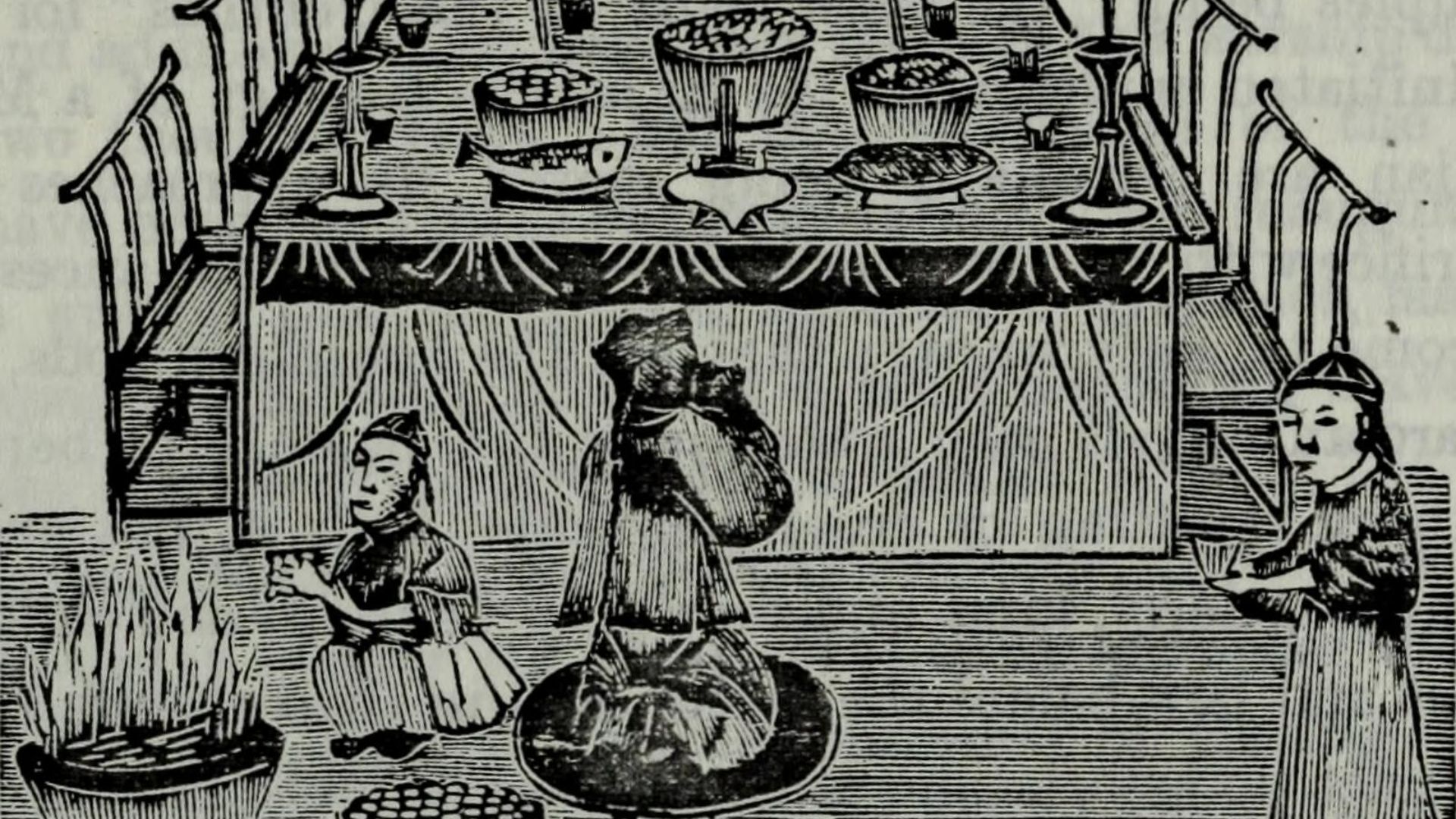 Internet Archive Book Images on Wikimedia
Internet Archive Book Images on Wikimedia
3. Buddhism
Buddhism is all about mindfulness, love, kindness, and empathy. Teaching your kids this philosophy, coupled with practices like breathing exercises, will help them soak in the present moment.
4. Epicureanism
Epicurean philosophy is based on appreciating the simple joys in life. Teaching your kids to find contentment in the little things in life, like friendship and nature, will keep them from being overly materialistic and happier overall.
5. Cynicism
Cynicism encourages the idea that happiness comes from living simply and being yourself. From this, kids learn to be authentic and not to chase wealth and status.
 User Afanous on en.wikipedia on Wikimedia
User Afanous on en.wikipedia on Wikimedia
6. Taoism
Taoism emphasises living in harmony with the universe and nature. It can teach kids to go with the flow and appreciate the natural rhythm of life.
7. Hinduism
Stories from Hinduism, particularly from the Ramayana, Mahabharata, and tales of deities like Krishna and Ganesha, can be used to teach kids virtues like honesty, kindness, and discipline. The epic tales are kid-friendly, engaging, and in an understandable format.
8. The Samurai Code
The five pillars of the samurai code (the Bushido code) can offer children a clear set of values while empowering them. Respect, integrity, and loyalty are the main veins.
9. Yin & Yang
One of the fundamental aspects of Taoism is yin and yang, which emphasises balance between opposites. It helps kids understand that life will have its ups and downs.
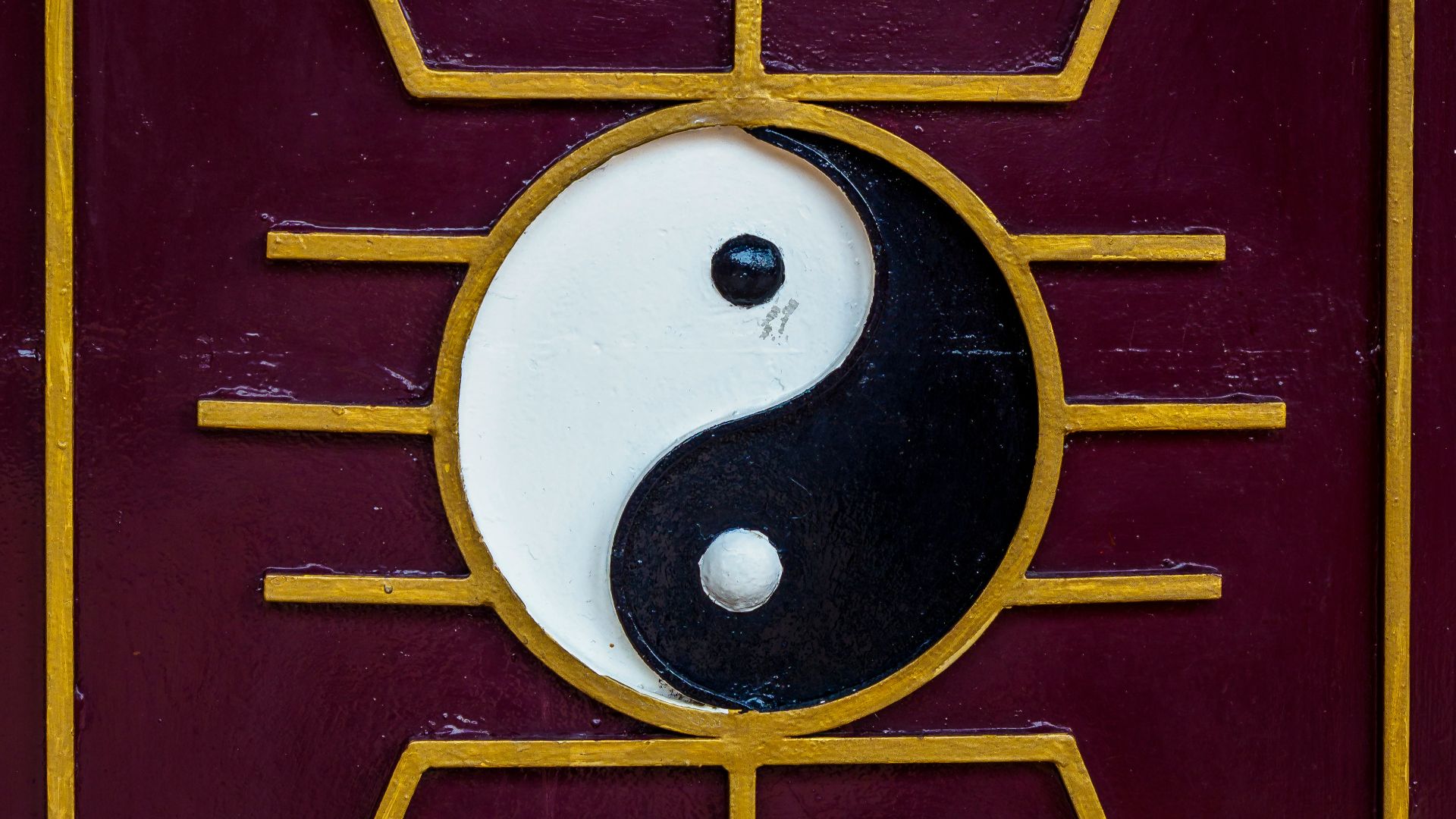 Alexander Schimmeck on Unsplash
Alexander Schimmeck on Unsplash
10. Zoroastrianism
Zoroastrianism is an ancient Iranian religion with an emphasis on good and evil and the power to choose. It encourages ethical living and positive thought.
11. Karma
Karma is one of the main pillars of Hinduism. It's based on selfless action without attachment, teaching your kids that being good for the sake of it is virtuous.
 Buddha Elemental 3D on Unsplash
Buddha Elemental 3D on Unsplash
12. Aristotelian Ethics
Aristotle identified six key virtues for a fulfilling life based on courage, wisdom, and humanity. This teaches kids to be brave, fair, and moral.
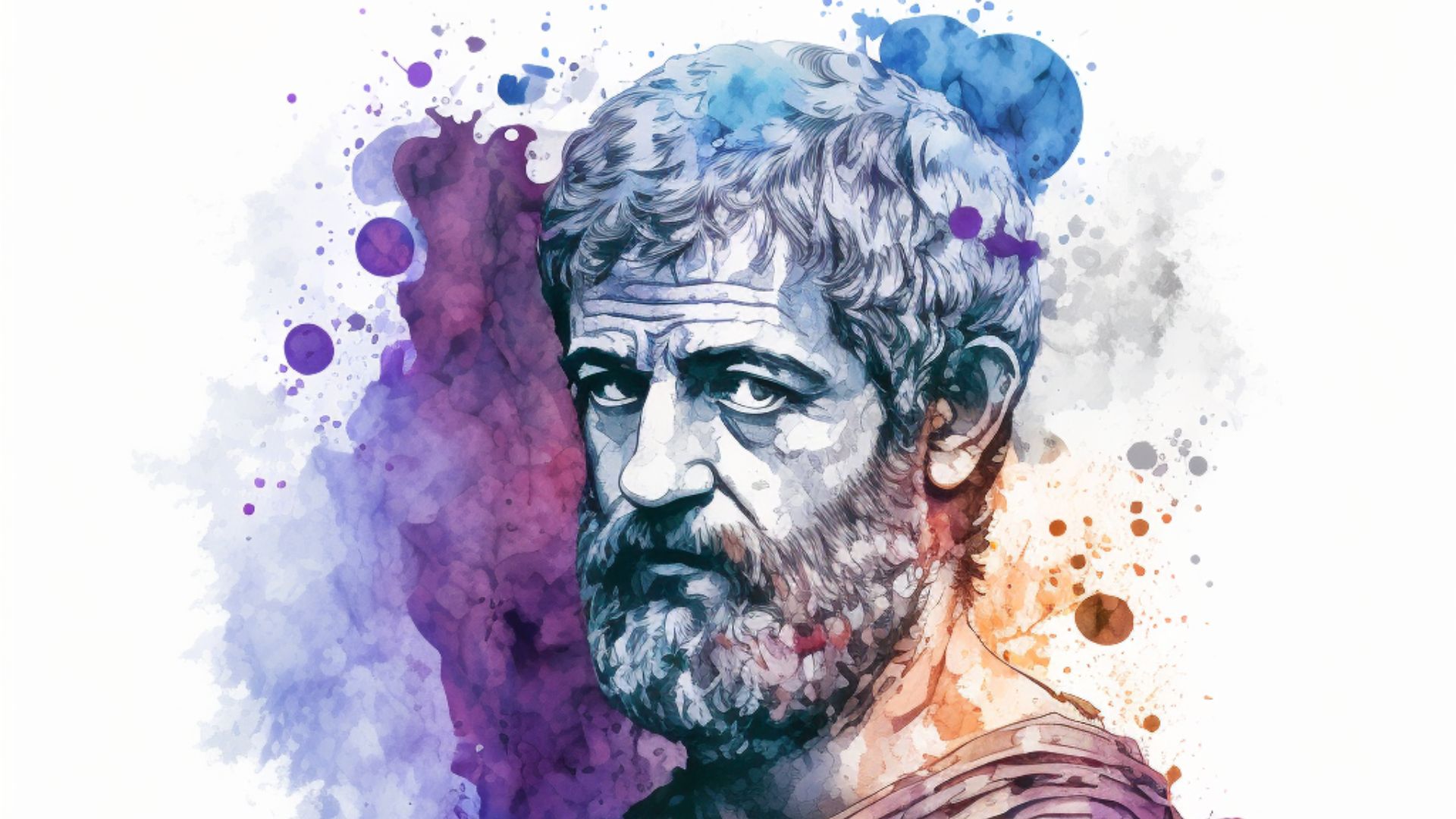 Midjourney AI, prompted by Netha Hussain on Wikimedia
Midjourney AI, prompted by Netha Hussain on Wikimedia
13. Dharma
Dharma is a core concept in Hinduism that stresses the importance of duty and purpose. It helps teach kids that everyone has a role in life and that theirs is to be a good student, friend, and family member.
14. Ubuntu
Ubuntu is an African philosophy that stresses community, interconnectedness, and humanity. It can be borrowed to teach kids values of compassion, forgiveness, and honesty.
15. Shinto
Shinto is a Japanese concept that emphasises respect for nature and ancestral spirits. It teaches kids to respect the world around them and honor traditions.
16. Pythagoreanism
Pythagorean philosophy emphasised discipline, harmony, balance, and order. Teaching kids principles of Pythagoreanism will help them see the world in a different light, making sense of it through numbers and geometric patterns.
17. Jainism
Jainism is an ancient Indian philosophy that emphasises nonviolence and care for all living things. This teaches kids not to be destructive and that even the smallest creatures deserve kindness.
18. Norse Wisdom
The principles of Norse wisdom are based on key pillars of respect, courage, and truth. It also encourages hard work and the importance of family.
 Internet Archive Book Images on Wikimedia
Internet Archive Book Images on Wikimedia
19. Native American Wisdom
Native American tribes have a profound respect for nature, elders, and ancestry. Borrow from their philosophy to teach your kids to respect and care for the natural world.
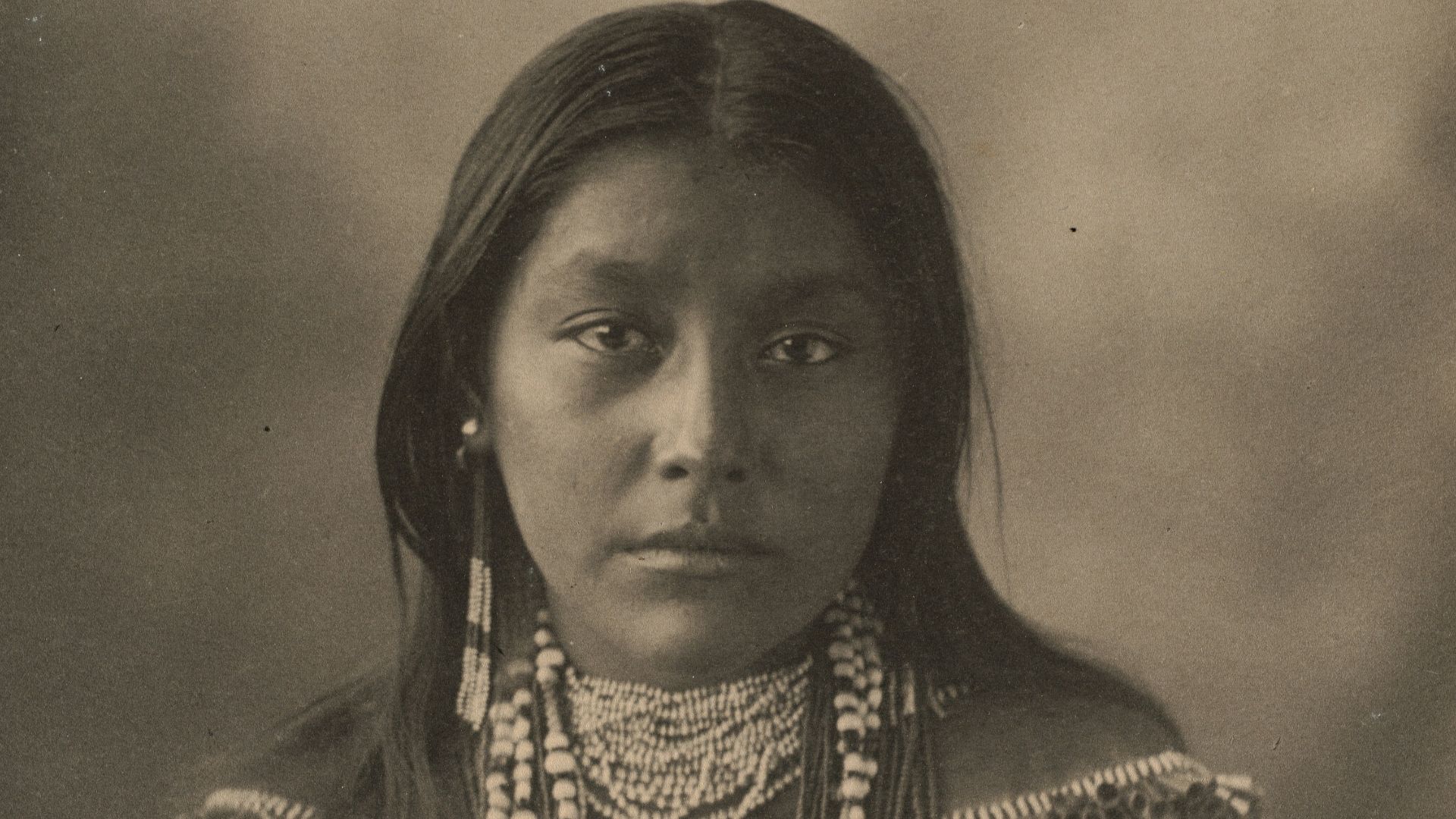 Boston Public Library on Unsplash
Boston Public Library on Unsplash
20. Egyptian Ma’at
The ancient Egyptian belief of Ma’at represents truth, balance, and cosmic order. You can borrow from it to teach your kids that being brave and doing what's right is the way to live in harmony.





